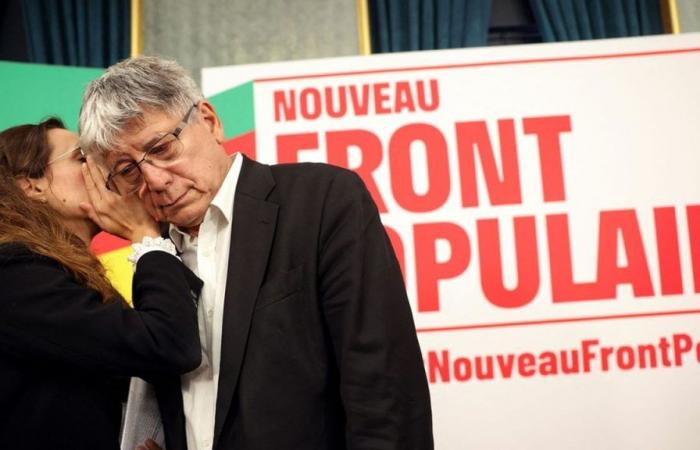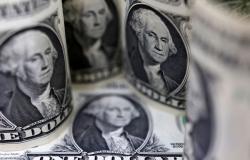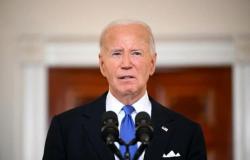Par Lucas Chancel (Researcher Growth and Prosperity at the IDDRI)Anne-Laure Delatte (Economist, research fellow at CNRS)Elise Huilery (professor of economics at Paris-Dauphine University)
Is the NFP program confiscatory? Let us first recall what is at stake: France must make large-scale investments to face the challenges of our time and ensure its prosperity. In this context, where can I find recipes? Half of the new taxes proposed by the NFP would be levied on the wealthiest via a new ISF and a reform of inheritance taxes, and the other half on large companies.
These two categories of actors have a notoriously lower effective tax rate than the rest of the population, a tax injustice that fuels the resentment of some citizens towards globalization. Should we fear that a modernized ISF will absorb too much of the wealth by taxing assets above 5 million euros, which only concern 1% of the population?
In particular, the plan to include part of professional assets in the tax base raises concerns because it raises fears of the erosion of business capital.
The assets of the taxpayers concerned
To define fair and effective modalities, the first question is to know how many taxpayers have assets greater than 5 million held solely in the form of professional assets without any liquid assets alongside.
According to INSEE, on average, taxpayers who own more than 5 million euros hold 30% in the form of professional assets, 30% in the form of financial assets and 30% in the form of real estate assets.
To put it another way, their assets are very diversified so it is unlikely that they will have to sell shares in their company to pay the ISF. In the very rare cases of taxpayers without liquid assets, there are solutions, such as allowing owners of professional property to pay the tax in shares of the company rather than in cash, thereby creating a de facto market value for these assets.
The second question is what would be the return on consolidated assets net of tax. With progressive rates of between 1 and 3% of assets, such a tax remains lower than the annual return on assets over 5 million euros, which would therefore continue to increase – at a rate just slightly slower than before. Obviously some returns are not realized because the capital is immobilized, but they legitimately enter into the calculation of the increase in assets.
Does the NFP lack budgetary realism?
Note that he is the only one planning to raise new taxes. According to our calculations, in the central scenario, revenues would amount to an additional 90 billion euros per year (60 billion in the low range, 120 billion in the high range). We do not wish to fuel the quarrel over figures here, but it is clear that this is the only project capable of reducing the current budget deficit and incurring additional expenditure for future investments.
The budget deficit now stands at 5.5% of GDP because the government bet that reducing taxes would increase the employment rate, which would restore growth and finance public spending. A lost bet. Budget realism is therefore not on the side of the current government.
What are the consequences for the French economic model?
If the other programs do not propose to raise taxes, it means that they intend to restore balance by cutting public spending. This affects not only our daily lives but also French productivity. In 20 years, if we have not reinvested in education and health, our qualifications and our productive capacities will be seriously degraded.
Other countries have taken a social-democratic turn by significantly increasing public revenues and spending to invest in the ecological and digital transitions that are changing cities and the countryside and consumption patterns. This was the case in the United States and Spain. Others have chosen an authoritarian current, like Italy or Argentina. The choice we have to make today is a matter of our future.
Our defense of this project in the face of the incoherence and danger of the alternatives does not amount to carte blanche. The parliamentary debates will be essential to clarify the project of the left coalition. We intend to contribute to it when the time comes by shedding light on the discussion with a rigorous economic analysis. In principle, making greater use of the big winners of globalization to finance future spending is a social-democratic orientation.
Faced with the collapse of the presidential camp, this voice seems to us today to be the only coherent alternative to the xenophobic program of the extreme right.
Lucas Chancel is a professor of economics at Sciences Po.
Anne-Laure Delatte is an economics researcher at the CNRS.
Elise Huilery is a professor of economics at Paris-Dauphine University.






